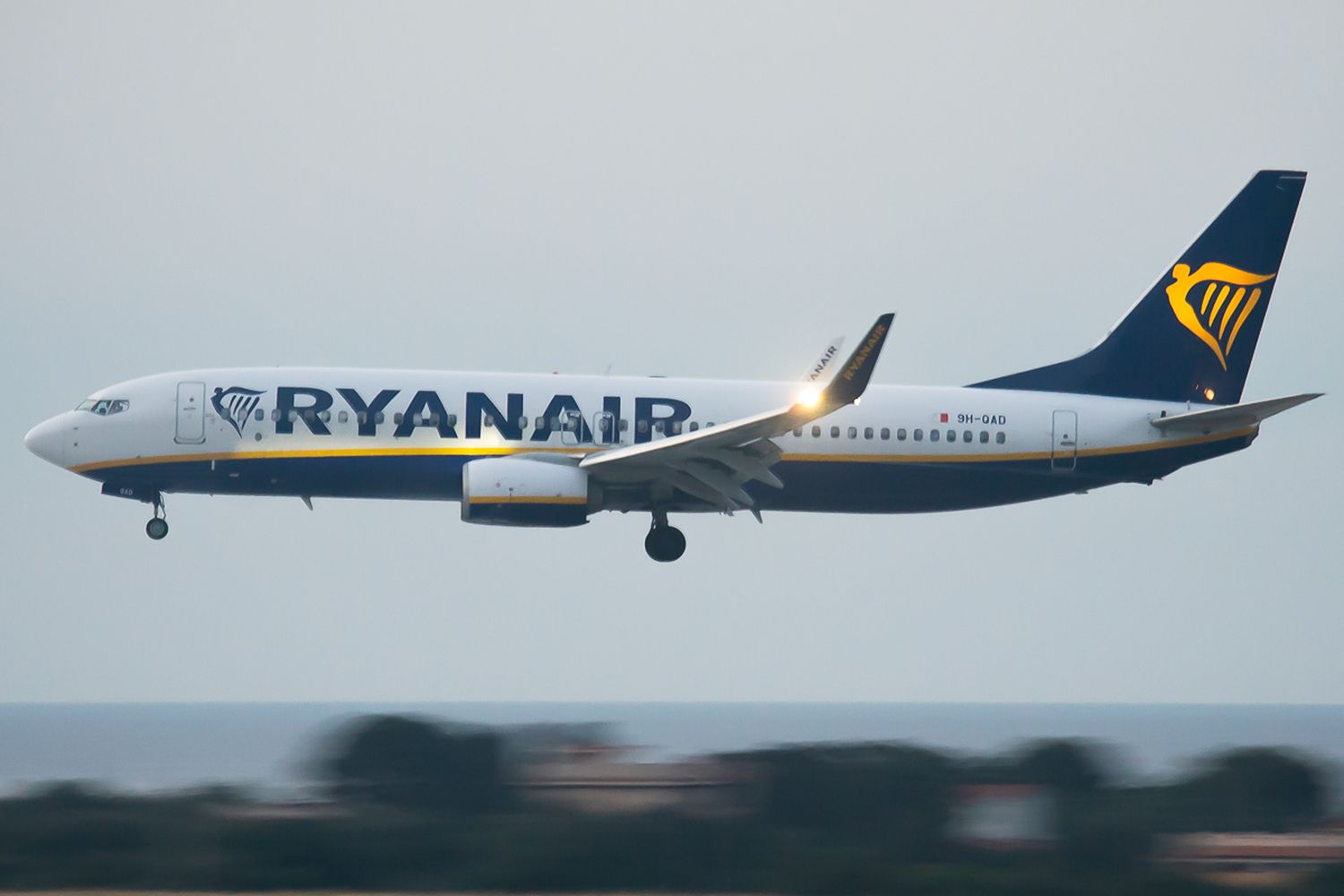Ryanair reports profit for the first time after the pandemic
In a complex scenario due to the accelerated rise in costs, Ryanair presented its results for the first quarter of its fiscal year 2022: for the first time since the beginning of the Covid-19 pandemic, the company reported a net profit of £170 million ($204 million).
However, the outlook for the year is not extremely positive: the war in Ukraine, the lack of predictability on fuel prices and the still latent threat of new restrictions due to new strains of coronavirus make it difficult to project a fiscal year with net profit.
In the presentation, Michael O’Leary said he is confident of a full earnings recovery, but is unsure whether that positive result will come in 2023 or 2024.
While the average fare was down 4% from the pre-pandemic scenario and expects to carry 17 million more passengers, operating costs soared: from 680 million (for 8.1 million passengers carried) in Q1 2021 to 2.38 billion for 45.5 million occupied seats in Q1 2022.
On the other hand, positive numbers do not automatically imply a gain for the company’s shareholders: Ryanair CFO Neil Sorahan said that the next two years will be dedicated to reducing debt rather than paying dividends. No wonder then that the airline’s shares were down 1% after the results presentation.
The Boeing 737-8200, a key factor; the 737-10, not so much
Sorahan also said that, while he is in constant contact with Boeing to discuss its fleet plans, now the price of the 737-10 is «nowhere near» what Ryanair expects to be able to place an order on the largest variant of the 737 MAX family.
The operator’s strategy of entering a confrontation with the manufacturer to try to lower its prices is not new, nor is it surprising that it is focusing on the -10, a model that received orders at the recent Farnborough show but whose certification hangs in the balance and has an ever-closer definition date.
Ryanair expects to have 73 Boeing 737-8200 Gamechangers by the end of the current fiscal year, and by then the 737-10 should have its future clear: whether it achieved certification in time without the need for modifications to its cockpit – which means that its crews will not need additional training -, whether it obtained the long-awaited extension to continue working on the new EICAS or whether it was finally left in a drawer.
If the latter happens, the signed orders will be converted to 737-9 and will surely define the operator’s intentions, triggering a new round of statements from O’Leary to get a new discount. Nothing new under the sun.


Para comentar, debés estar registradoPor favor, iniciá sesión